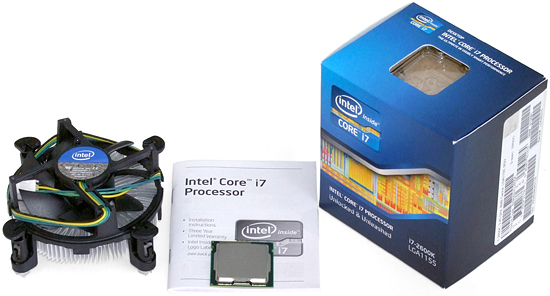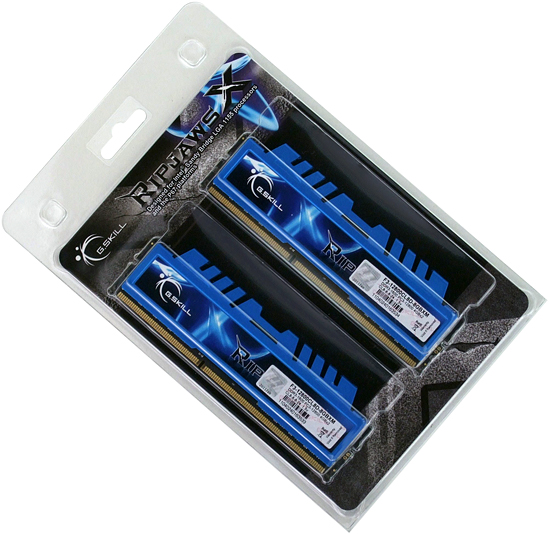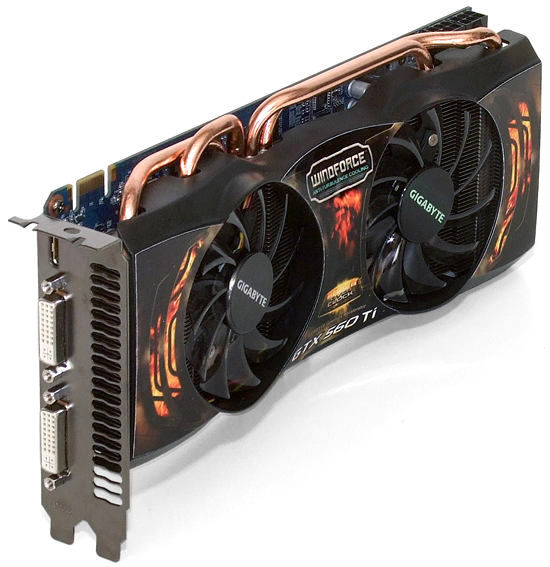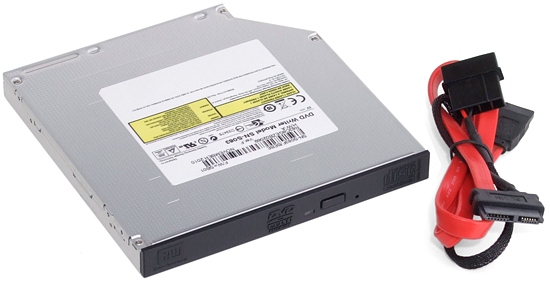DTX Lives! Four Double-Slot Cases For ITX Gaming Machines
The ITX form factor is great for space-saving portability. But gamers still need that extra expansion slot to support a high-end graphics card. We compare four compact cases that support double-slot cards on a tiny single-slot motherboard.
Test Setup
| Test System Configuration | |
|---|---|
| CPU | Intel Core i7-2600K: 3.4-3.8 GHz, 8 MB L3 Cache, Stock |
| Motherboard | Zotac H67ITX-A-E: Intel H67 Express PCH, BIOS 2.02.1205 (12/15/2010) |
| RAM | G.Skill F3-12800CL8D-8GBXM: 2 x 4 GB, DDR3-1600 at DDR3-1333 CAS 9-9-9-24 |
| Graphics | Gigabyte GV-N560SO-1GI: 1000 MHz GTX 560Ti GPU, 1.0 GB GDDR5-4580 |
| Hard Drive | WD WD3000HLFS: 300 GB, 10 000 RPM, SATA 3Gb/s, 16 MB cache |
| Sound | Integrated HD Audio |
| Network | Integrated Gigabit Networking |
| Power | SilverStone SST-ST45SF: 450 W, ATX12V v2.2, 80 PLUS Broze, SFX |
| Software | |
| OS | Microsoft Windows 7 Ultimate x64 |
| Graphics | Nvidia GeForce 266.66 |
| Chipset | Intel INF 9.2.0.1019 |
A powerful CPU is required to push high-end graphics cards to peak performance. Intel’s Core i7-2600K fits that bill perfectly.
Here’s where our build will befuddle many up-and-coming enthusiasts. Our processor doesn’t care how small the case is, and will operate at full performance as long as it’s kept at or below 98° Celsius. Lacking a small enough performance-oriented CPU cooler to fit within the tiny confines of our smallest case, we were stuck with Intel’s retail-boxed unit.
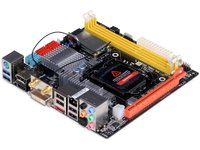
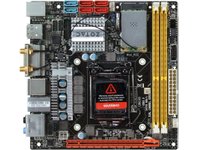
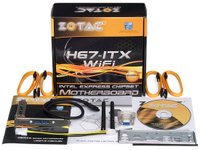
Had we a high-end, low-profile cooler, it may not have fit our motherboard. Zotac’s H67-ITX is packed with features, but any CPU cooler wider than 100 mm will block its PCI Express slot. We’ve noticed that this problem is consistent across Asus and ECS products also.


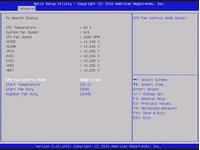
Since we never got a chance to review Zotac’s board, we thought it prudent to include the full set of images above. This board does not support manual memory adjustments, but does include the additional memory voltage controls needed for certain modules. The third BIOS image is more important, as users must manually increasethe fan speed limit to 100% in order for the Core i7-2600K to operate normally with its stock cooler. We have no idea why Zotac would artificially lower the maximum CPU fan speed by default, since its “smart controls” prevent that limit from being reached unless it’s actually needed.
G.Skill's DDR3-1600 CAS 8 modules defaulted to DDR3-1333 CAS 9. We were hoping for DDR3-1333 CAS 8 at least, since our motherboard’s BIOS doesn’t support manual configuration.
Thermal testing requires a constant, high-load level that’s hard to reach with most of today’s performance graphics cards. That’s because most of the latest enthusiast-oriented products respond to a constantly-high load by dropping their clocks to cope. The only current-generation high-end card we had on hand that doesn’t exhibit this behavior is Gigabyte’s GV-N560SO-1GI.
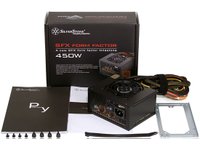
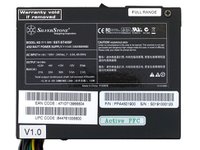
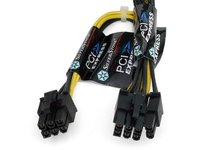
Many builders might think we're crazy for using a 450 W power supply in today’s configuration. Yet, SilverStone was certain its SFX form-factor ST45SF would be up to the task. Our non-overclocked CPU contributed to a combined CPU and GPU full load power draw of 420 W, which means the unit was only being tasked with a 374 W output according to its 80 PLUS report.
Get Tom's Hardware's best news and in-depth reviews, straight to your inbox.
The ST45SF includes a PS/2 form-factor adapter plate.
Our motherboard didn’t include any right-angle cables, so we dug a pair of SilverStone’s 90° cables out of our collection.
Two of our cases required slim optical drives, so we ordered Samsung’s low-cost SN-S083 DVD writer, along with a store-brand mini-SATA adapter cable.
| Benchmark Configuration | |
|---|---|
| Prime95 v25.8 | 64-bit executable, Small FFT's, 7-threads |
| FurMark 1.6.5 | Windowed Mode, 1280x1024, 8X AA, Stability Test Minimum and maximum temperature |
| RealTemp 3.60 | Highest core reading at full CPU load (60 minutes) Highest core reading at 30 minutes idle |
| Galaxy CM-140 SPL Meter | Tested at 1/4 m, corrected to 1 m (-12 dB), A-weighting |
-
iam2thecrowe the silverstone sg06b is the only one that looks any good (not great though). the rest are just plain ugly.Reply -
Darkerson iam2thecrowethe silverstone sg06b is the only one that looks any good (not great though). the rest are just plain ugly.Opinion = Fact?Reply
Anyway, I actually like Cubitek's case. Sure, it looks like it would be a pain to make changes to when doing upgrades or whatnot, but nothing is perfect. If it had a handle on top or something, Id probably use it for LAN parties and the such. -
hmp_goose Pst: Guys! Ya' flip the plexglass vent on the SG07! http://www.maximumpc.com/article/how-tos/how_build_ultimate_small-form-factor_gaming_pc?page=0,1Reply -
Crashman hmp_goosePst: Guys! Ya' flip the plexglass vent on the SG07! http://www.maximumpc.com/article/h c?page=0,1Thanks! But if you're building a new system...better still, use a single-fan GPU cooler and the foam air guide! Imagine this beast with a GTX 580!Reply -
Oh wow, lets reinvent a box that holds computer parts, accomplishing the exact same thing all other computer cases before it did, only this version will suck a little bit harder.Reply
-
Crashman m84092Oh wow, lets reinvent a box that holds computer parts, accomplishing the exact same thing all other computer cases before it did, only this version will suck a little bit harder.So, you're saying you'd have preferred an AT desktop case roundup?Reply -
Onus I would like to have seen the PC-Q08 tested with the blower-style cooler. I cannot imagine how that could have been omitted.Reply
Otherwise, it was an interesting read.
-
Crashman jtt283I would like to have seen the PC-Q08 tested with the blower-style cooler. I cannot imagine how that could have been omitted. Otherwise, it was an interesting read.The PC-Q08 didn't fail.Reply
